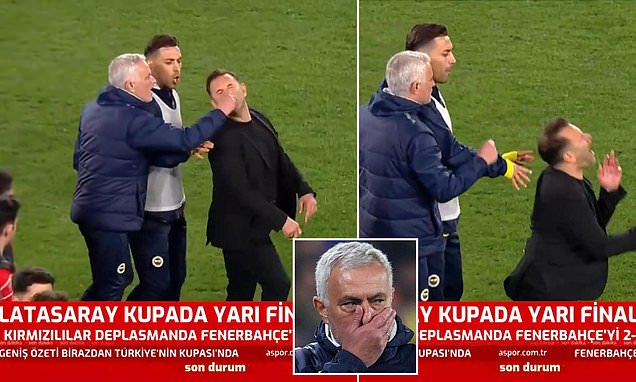Now Reading: Ex-Premier League Star Jailed After £120K Fraud Scheme Exposed
-
01
Ex-Premier League Star Jailed After £120K Fraud Scheme Exposed

Ex-Premier League Star Jailed After £120K Fraud Scheme Exposed
In a stunning fall from grace, former Premier League defender Lucien Aubey has been sentenced to jail after orchestrating a devastating fraud scheme that left his friend financially ruined and emotionally shattered.
The 40-year-old ex-Portsmouth player received a two-year jail term (with 12 months suspended) from a court in Toulouse, France, after being found guilty of scamming his friend out of more than £120,000 in a fake record label investment scheme.
From Premier League Glory to Criminal Conviction
Aubey’s football career once showed genuine promise. The Congo international made three Premier League appearances for Portsmouth during their 2007-08 season—a campaign that culminated in FA Cup glory under legendary manager Harry Redknapp.
Beyond his brief English football stint, Aubey built a respectable career with Toulouse, Rennes, and Reims in France, while also playing for clubs in Turkey and Cyprus. He even earned five caps representing Congo at the international level.
Inside the Elaborate Fraud Scheme
Court documents reveal Aubey and his accomplice, clothes designer Mohamed Dia, targeted a vulnerable friend—identified only as Sebastien—who had recently received a £170,000 insurance payout following a road accident.
The pair allegedly convinced the 42-year-old shoe repairer to invest in creating a record label, with promises he would earn an astonishing £1 million within just three years. What Sebastien didn’t know was that Aubey had previously been declared bankrupt and disqualified from establishing a company.
The scheme quickly unraveled when Sebastien never saw his investment again. In a particularly disturbing twist, he accused Aubey of threatening to harm his children after he attempted to recover the missing funds.

“I Lost Everything” – The Devastating Human Impact
The consequences of this financial fraud extended far beyond money. In heartbreaking testimony, Sebastien revealed the profound personal toll the scam took on his life.
“I lost everything, and my wife wanted to commit suicide. I had to give up work,” Sebastien told the court. “We split up, and those two [Aubey and Dia] just had a good laugh about it all.”
This type of financial crime creates ripple effects reaching far beyond bank balances, destroying marriages, mental health, and personal stability—a reminder of why recognizing investment fraud warning signs is critically important.
Aubey’s Failed Defense Crumbles in Court
Throughout the trial, the former footballer maintained his innocence, offering a questionable explanation for the missing funds: “My money was tied up in Cyprus, held by my club Olympiakos Nicosia. This wasn’t a fraud – I never robbed anyone.”
However, prosecutors presented damning evidence in the form of phone conversations between Aubey and Dia that clearly demonstrated their intent to defraud Sebastien. This evidence proved pivotal in securing the conviction.
Justice Served: The Court’s Final Ruling
On Monday, the Toulouse court delivered its verdict, ordering Aubey to repay €145,000 (approximately £124,000) to his victim. The court also prohibited him from contacting Sebastien as part of the sentence.
While Aubey received a two-year jail sentence with half suspended, his accomplice Mohamed Dia escaped with a lighter one-year suspended jail term for his role in the scheme.
A Growing Pattern in Sports?
Aubey’s case adds to a concerning trend of former professional athletes becoming entangled in financial crimes after their playing careers end. The transition from highly-paid sporting careers to regular life has proven challenging for many ex-professionals.
Financial education for athletes has become increasingly important as sporting organizations recognize the vulnerability of players who often earn significant wealth in short career windows without proper financial guidance.
The Red Flags Everyone Should Know
Sebastien’s devastating experience serves as a powerful reminder about investment scam warning signs. Promises of extraordinary returns (like £1 million in three years), pressure to invest quickly, and personal relationships being leveraged are all classic red flags.
Financial experts consistently warn against investments promising returns that seem too good to be true—because they almost invariably are exactly that.

As Lucien Aubey begins serving his sentence, his victim continues the difficult process of rebuilding his shattered life. While the court ordered financial restitution, the emotional damage and broken relationships caused by this betrayal may prove much harder to repair.














